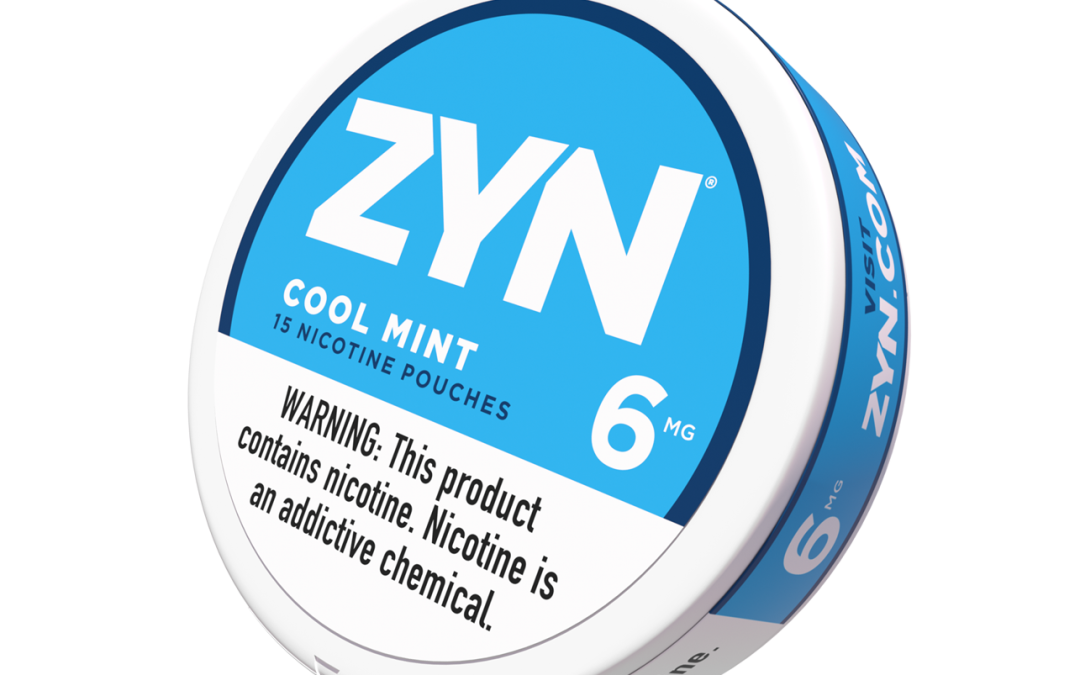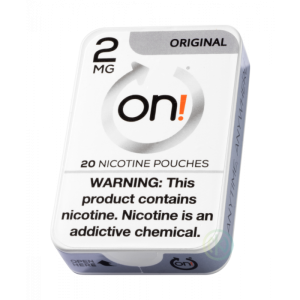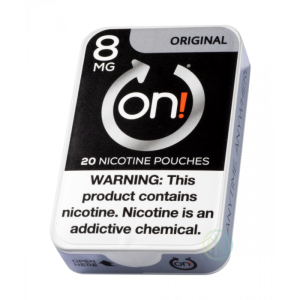WASHINGTON (AP) — The newest tobacco item gaining popularity on the internet is quite straightforward: Zyn consists of a small sachet packed with nicotine and seasoning.
However, it has ignited a discussion among lawmakers, guardians, and analysts that mirrors an progressively intricate scene in which major tobacco organizations forcefully advance elective items while specialists grapple with their potential upsides and downsides.
Zyn arrives in flavors like mint, espresso, and citrus, and Philip Morris International showcases it to grown-up tobacco clients. However, recordings of youths popping the sachets have amassed a great many perspectives on TikTok and other web-based entertainment stages.
That pattern has advocates concerned that Zyn could turn into the most recent nicotine item to draw in underage teenagers, comparable to how Juul set off a drawn-out ascent in vaping. Different specialists say that risk is offset by the potential to guide grown-ups away from cigarettes and other conventional tobacco items, which represent 480,000 U.S. passings every year.
“The meaning of insanity is repeating the same actions and anticipating a different outcome,” remarked Dr. Jasjit Ahluwalia, a specialist in addiction at Brown University. “That is precisely what we’ve done with tobacco for decades. We’ve focused solely on abstinence, rather than accepting products that can mitigate harm.”
Ahluwalia views nicotine pouches and e-cigarettes as methods to assist smokers in reducing their consumption or quitting cigarettes altogether.
That methodology is standard practice in the U.K., yet it’s outside the clinical standard in the U.S., where just pharmaceutical-grade medications like nicotine gum and lozenges are formally endorsed to help smokers quit.
Ahluwalia brings up the fact that Zyn functions in a similar manner to those products: releasing low levels of nicotine that are absorbed into the gums, diminishing cravings. The primary distinction, he observes, is that Zyn is sold by Philip Morris, the global cigarette behemoth and a longstanding adversary of anti-smoking organizations.
The debate surrounding Zyn recently spilled over into politics, pitting Democrats and Republicans in Washington against each other and spiraling into another skirmish in the nation’s culture war.
In late January, Democratic Sen. Charles Schumer, of New York, called on regulators to investigate Zyn, citing its appeal to teens. Several House Republicans then warned constituents that “Big Brother” intended to “ban nicotine.”
Conservative pundit Tucker Carlson, a Zyn user, jumped into the fray, declaring: “Zyn is not a sin,” and touting its unproven benefits, like “enhancing male vitality and mental acuity.”
Zyn users have quickly developed their own online vocabulary, including “zynnies,” “zynner,” and “zynsky.”
“There’s this online subculture around Zyn that’s been spearheaded by younger males, but a lot of that’s not coming from the brand itself,” said Ollie Ganz, a Rutgers University tobacco and nicotine researcher.
Online videos show young people documenting their first experiences trying Zyn, reviewing different flavor combinations and displaying heaping piles of used canisters.
“It’s concerning to see the countless Zyn-related memes and hashtags that are being amplified and normalized across social media,” said Kathy Crosby, CEO of the Truth Initiative, an anti-tobacco advocacy group.
Truth and other groups point to research suggesting nicotine can interfere with brain development in adolescents.
It’s the Food and Drug Administration’s job to weigh Zyn’s risks to youngsters against its potential to help adults.
In a statement, an FDA spokesman said the agency is monitoring underage use, noting that 1.5% of high school and middle schoolers reported using pouches last year. That’s well below the 10% who used e-cigarettes.
FDA officials have allowed Zyn to stay on the market while they review Philip Morris’ marketing application, which has been pending since 2020. If teen use remains low, the company could win FDA authorization for at least some of its offerings, which come in multiple strengths and flavors.
In 2019, the FDA awarded its first-ever reduced risk designation to a similar product: snus, a tobacco pouch popular in Sweden that contains lower levels of carcinogens than cigarettes. The FDA said smokers who switch to snus reduce their risk of lung cancer, bronchitis, and other diseases.
Zyn excludes the tobacco leaves found in snus, leaving only nicotine, which Philip Morris says increases its appeal.
“People can be reluctant to move into an oral tobacco product if they view it as similar to traditional chewing tobacco,” company spokesman Corey Henry said. “Consumer acceptability is a big part of Zyn.”
Philip Morris doesn’t use online influencers or endorsements to promote Zyn, Henry said. Its website is restricted to adults 21 and older. And flavors like cinnamon and peppermint are “familiar to adults,” Henry said.
Zyn launched in the U.S. in 2014, but sales have exploded in the past year, generating $1.8 billion as shipments accelerated year-over-year by over 60%.
Zyn promotions emphasize the pouches’ discreet, convenient nature as a “smoke-free,” “spit-free” alternative for smokers “at work” or “on the move.”
Certainly, I will provide the translation in English synonyms as requested. However, it seems there was no specific text provided to change into English synonyms. If you provide the text you would like to be translated, I can assist you accordingly.
There is little data on switching, and preliminary research suggests pouches may not be a great substitute.
Ohio State University researchers recently discovered that it took smokers between 30 minutes to an hour to obtain sufficient nicotine from Zyn to alleviate their cravings. In contrast, smokers reached the same nicotine levels—and relief—in just five minutes with cigarettes.
“The pouches we studied, especially the lower nicotine concentrations, did not appear to meet the needs of smokers,” said Brittney Keller-Hamilton, who led the study. “That being said, they didn’t totally flop either.”
For now, smokers who have had success with Zyn say they hope it stays available.
Justin Wafer, 39, was smoking a pack a day last spring while working as a bartender in Portland, Oregon. On busy days, he would also vape if he didn’t have time to step away for a smoke break.
But after his reloadable electronic cigarette broke in May, he decided to try Zyn. These days, he usually pops a pouch every three to four hours and says he hasn’t smoked in more than nine months.
“I don’t see how it’s any different from pharmaceutical solutions like lozenges or gum,” he says. “Except it’s easier to get and tastes better.”



